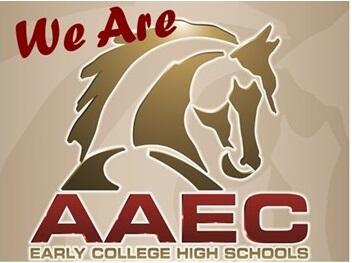
When you look down at that iconic FFA Emblem on your blue corduroy jacket, there’s a lot to take in. But do you know what it all means?

The National FFA Emblem dates back to 1926 when Henry Groseclose was developing the Future Farmers of Virginia constitution and bylaws. Groseclose stumbled upon an image of an owl perched on top of a spade, digging through some ag materials from Denmark. From there, he worked with R.W. Cline, a graduate student at Virginia Polytechnic Institute, to further develop the image, resulting in the FFA emblem we see today.
The National FFA Emblem consists of five symbols, along with the words “Agriculture Education” and “FFA,” to tell the organization's history, goals, and vision.
Cross-section ear of corn: A symbol of unity, "corn can be found" in every state across America. From the first Thanksgiving to a staple in American agriculture production, corn is a fundamental symbol of the National FFA.
Rising sun: This signifies progress. Just as agriculture continues to progress through new technologies and by responding to consumer demand, so must the National FFA Organization and its members.
Plow: This simple image stands for so much more as it truly shows agriculture is the backbone of America. Our country and the National FFA are rooted in the labor and tillage of the soil.
Owl: A symbol of wisdom and knowledge. It takes smarts to be successful in the agriculture industry today.
Eagle: America is home to the free and brave; thus, it only fits the National FFA Emblem, including the eagle. The eagle is a national symbol that serves as a reminder of our freedom and ability to explore new horizons for the future of agriculture.

